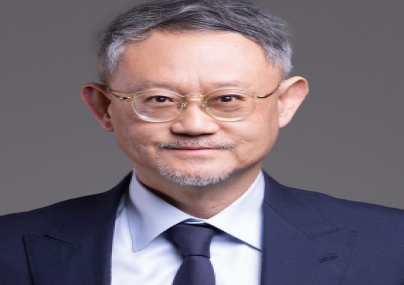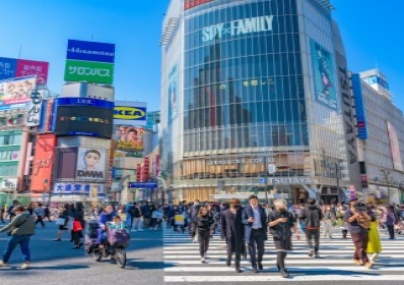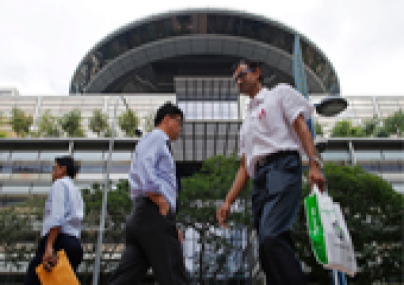 Officials and members of Hong Kong’s legal profession have been vexed by a recent Financial Times that reported that international corporations working on deals in Asia – or entering into joint ventures with Chinese and other Asian counterparties – were considering excluding Hong Kong from governing law and arbitration clauses in legal contracts over concerns about the erosion of Hong Kong’s autonomy.
Officials and members of Hong Kong’s legal profession have been vexed by a recent Financial Times that reported that international corporations working on deals in Asia – or entering into joint ventures with Chinese and other Asian counterparties – were considering excluding Hong Kong from governing law and arbitration clauses in legal contracts over concerns about the erosion of Hong Kong’s autonomy.
For officials in Hong Kong, eager to paint a rosy picture of stability and a return to normality following the implementation of the Beijing-backed National Security Law (NSL), the piece was poorly received.
Justice Secretary Teresa Cheng issued a statement that said the article “unfortunately illustrates an incomplete picture of Hong Kong,” but she did not elaborate on what the complete picture was.
“We continuously strive to improve and meet market demands to ensure Hong Kong remains one of the world’s leading international legal hubs for deal-making and dispute resolution services,” the Justice Secretary added.
Hong Kong’s Department of Justice is aggressively marketing Hong Kong as an arbitration hub, with unique abilities and a flourishing, mature legal industry. The city is currently developing an e-arbitration and mediation platform with multiple language capabilities called eBRAM.
In comments provided to ALB, a spokesman for the Law Society of Hong Kong, the city’s primary association of legal practitioners, says that Hong Kong has been, and remains one of the most popular seats for international arbitration, boasting world-class legal professionals, well-established international arbitration institutions, and user-friendly arbitration law.
“With extensive experience in handling international trades, Hong Kong’s legal professionals provide extensive and professional services, from due diligence to contract negotiations,” he says.
“Hong Kong arbitral awards are enforceable in over 160 signatory countries of the New York Convention. The city is also the first and only jurisdiction outside the Mainland where, as a seat of arbitration, parties to arbitral proceed-ings administered by eligible arbitral institutions are able to apply to the Mainland courts for interim measures,” the spokesman adds.
Paul Starr, an arbitration partner with King & Wood Mallesons, says that Hong Kong continues to play an important role in arbitration involving parties within the region.
“I would say that it is absolutely vital and a must for parties doing business with PRC entities to select Hong Kong arbitration in their dispute resolution clause over any other country. This is because of the unique advance asset protection remedy afforded to parties who nominate arbitration by one of Hong Kong’s six qualifying institutions — including HKIAC, CIETAC and ICC,” Starr says.
“An agreement made last year between the mainland and Hong Kong governments now allow parties to start a qualifying Hong Kong arbitration, and apply to local courts in the mainland or Hong Kong for the preservation of assets in aid of (and in advance of) that arbitration,” notes Starr.
To offer an example, Starr recounts how his team, working with Beijing and Shanghai disputes colleagues, was the first to obtain a freezing of $360 million worth of assets from the Shanghai Financial Court, only a few weeks after starting a qualifying HK arbitration.
“You just wouldn’t get that protection had you opted for non-Hong Kong arbitration,” Starr says.
He recommends that when selecting arbitration in a particular forum, parties should always think about the court system, as sometimes they need help from the courts to assist or appeal against the arbitration process.
“Businesspeople should ask them-selves how efficient and independent are the courts of some of the countries mentioned in the FT article, as compared with Hong Kong. It is a no-brainer, especially when bearing in mind that our ultimate tribunal, the Court of Final Appeal, is one of the greatest courts in the world, boasting a dazzling array of common-wealth judges, some of them even former chief justices from their jurisdictions,” Starr says.
The Law Society spokesman concurs that rule of law is one of Hong Kong’s key strengths.
“International recognition of Hong Kong’s respect for the rule of law has earned the city a global reputation as a leading financial centre and business hub, which offers a fair, just and transparent business environment for international investors to engage in business transactions,” he notes.
But this reputation has been somewhat under the magnifying glass. Members of Hong Kong’s legal fraternity took part in marches back in 2019, during the height of the city’s protest movement. The following year, judges expressed concerns to Reuters about China meddling “in the appointment of new judges”.
And this year, British lawyer David Perry QC stepped down as lead prosecutor in a trial against anti-establishment media mogul Jimmy Lai after a widespread outcry in the UK about the ethics of his appearance.
When asked if the NSL has affected the legal landscape in the city, the Law Society spokesman calls it “an important piece of legislation in Hong Kong.”
“Law firms have to familiarise themselves with its provisions in order to advise their clients of it to ensure compliance,” the spokesperson says, without offering further comment.
To contact the editorial team, please email ALBEditor@thomsonreuters.com.


